ABB PM645C 3BSE010537R1
Operating Voltage:24V DC
Output Frequency:Up to 20 kHz
Processing Speed:1 MHz
Memory Capacity:128 KB
Communication Interface:RS-485, CANopen
Power Consumption:Less than 1 W
Environmental Temperature Range:-20°C to +60°C
Dimensions:96mm x 84mm x 43mm
Weight:Approx. 0.1kg
Introducing the ABB PM645C 3BSE010537R1 Processor Module, a cornerstone of advanced industrial automation. Designed with cutting-edge technology, this module ensures unparalleled performance and reliability in today’s demanding manufacturing environments.
Featuring a compact design and high-speed processing capabilities, the PM645C 3BSE010537R1 effortlessly integrates into complex control systems, delivering precise control signals and optimizing operational efficiency.
With its robust CE and UL certifications, you can trust this module to meet the highest safety standards in global applications. Constructed from premium materials, it withstands harsh industrial conditions, ensuring longevity and minimal maintenance requirements.
The module’s versatile compatibility with ABB‘s wide range of control systems makes it an ideal choice for upgrading existing setups or integrating into new projects. Its user-friendly interface simplifies setup and customization, allowing for quick adaptation to diverse industry needs.
Innovative features like real-time diagnostics and predictive maintenance alerts ensure proactive system management, reducing downtime and enhancing overall productivity. Backed by ABB‘s global support network, you receive comprehensive assistance throughout the lifecycle of your automation projects.

Main Brand:
ABB Allen-Bradley Alstom Bently Emerson Foxboro
GE MOOG Schneider Woodward HIMA Honeywell
Annual hot selling advantage products:
ABB HIEE300690R0001 ABB HIEE300766R0001 ABB HIEE401091R0002
ABB HIEE451116R0001 ABB HIEE450964R0001 ABB HIEE300900R0001
First hand source, affordable price. Spot inventory!
•Shipping Port: Xiamen
•Ship to you via Fedex/DHL/TNT/UPS/EMS
•Package: Original packing with cartons

Our Main Brand
ABB, GE, Allen Bradley, Honeywell, Emerson, Bently Nevada, Prosoft, Siemens, Westinghouse, Triconex, Foxboro, ICS Triplex, Hima, Schneider, Yokogawa, Woodward, B&R, KEBA, etc
Rockwell: Allen-Bradley
1) ControlLogix 1756 series controller
2) CompactLogix 1769 series controller
3) SLC 500 1747 1746 Series Controller
4) PLC-5 1771 1785 series controller5)
5)ProSoft :MVI69/PS69/MVI56/MVI94/MVI71/MVI46/31506)
6)ICS TRIPLEX trusted system
ABB:
1) AC800M series controller I/O module
2) AC800F series controller module
3) AC31 series controller module
4) 800xA series modules
5) Bailey INFI 90 module
6) DSQC robot module spare parts
7) Advant OCS system spare parts
8) H&B Freelance
Bentley Nevada :
1) Bently 3500 Monitoring system
2) Bently 3300 Monitoring system
Schneider:
Quantum 140 series :Modicon M340
Modicon Premium :CPU Processor Module,Communication module,etc
Emerson:
1) Ovation System DCS Card
2) DeltaV system Dual Channel Redundancy Safety System, Redundancy Controller
General Electric:
1) IS200/DS200 series Excitation system card
2)IC693/IC695/IC697/IC698/IC200/IC660/IC670 CPU module,Communication module, Analog Digital module
What is a DCS?
A Distributed Control System (DCS) is a sophisticated, computer-based control system designed to automate, monitor, and manage complex industrial processes. It is widely used in large-scale industrial facilities such as refineries, power plants, chemical plants, and paper mills, where precision, reliability, and scalability are critical.
How Does a DCS Work?
A DCS is composed of several interconnected components that work seamlessly to ensure efficient process control. Here’s a breakdown of its key elements:
- Controllers:
These are the “brains” of the system. Controllers receive data from sensors, process it using pre-programmed logic, and send output signals to actuators to maintain optimal process conditions. - Sensors:
Sensors act as the “eyes and ears” of the system, measuring critical physical parameters such as temperature, pressure, flow rate, and level. This real-time data is essential for accurate control. - Actuators:
Actuators are the “muscles” of the system. They execute physical actions based on controller commands, such as opening/closing valves, starting/stopping motors, or adjusting dampers. - Operator Stations:
These serve as the human-machine interface (HMI), allowing operators to monitor the process, adjust setpoints, and troubleshoot issues. Modern DCS systems often feature intuitive graphical interfaces for ease of use. - Communication Network:
The backbone of the DCS, this network connects all components, enabling seamless data exchange and coordination. It ensures that every part of the system works in harmony, even across large industrial sites.
Why is a DCS Important?
- Centralized Control with Distributed Execution: A DCS allows for centralized monitoring while distributing control functions across multiple controllers, reducing the risk of system-wide failures.
- Scalability: It can easily expand to accommodate growing operational needs.
- Reliability: Redundant systems and fail-safes ensure continuous operation, even in critical environments.
- Efficiency: Optimizes processes, reduces waste, and improves overall productivity.

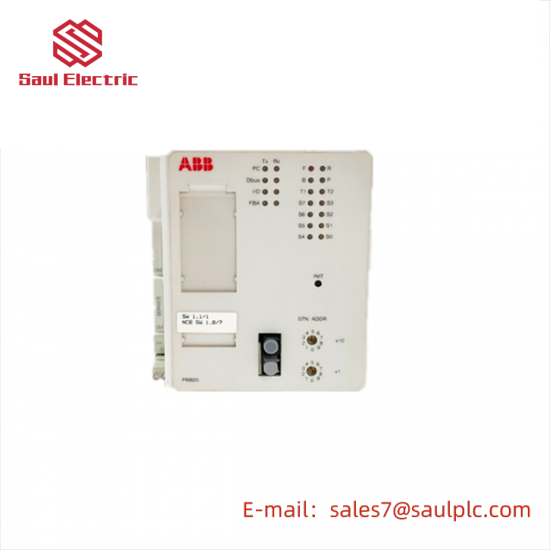


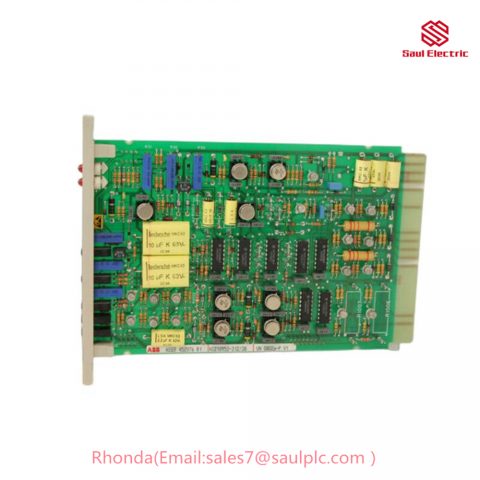
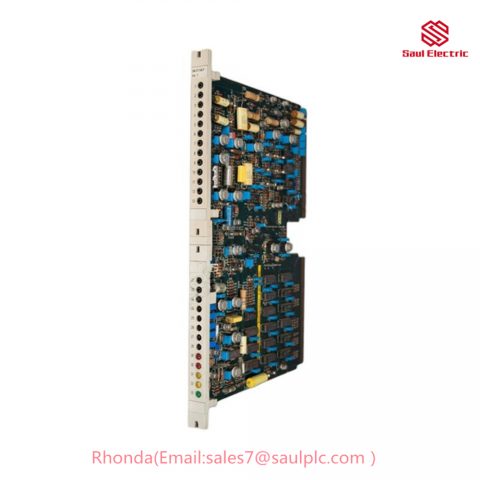
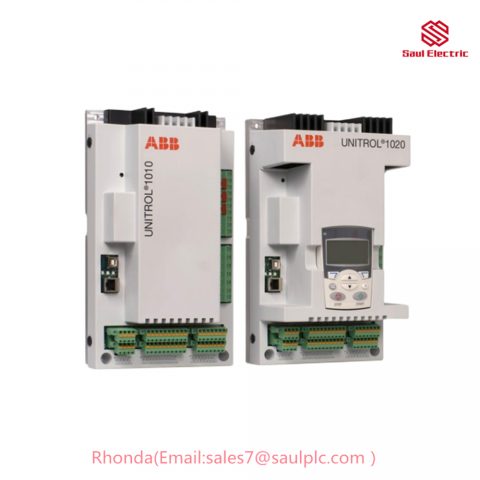
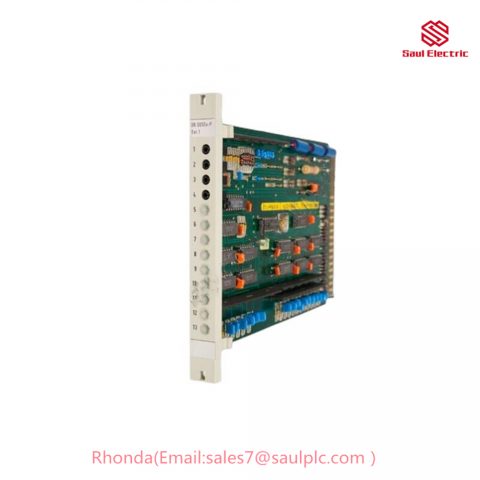
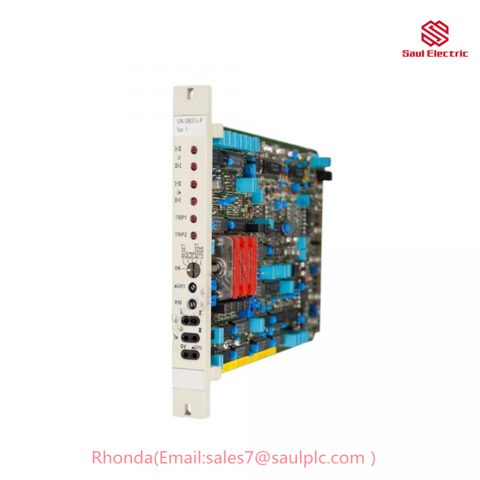
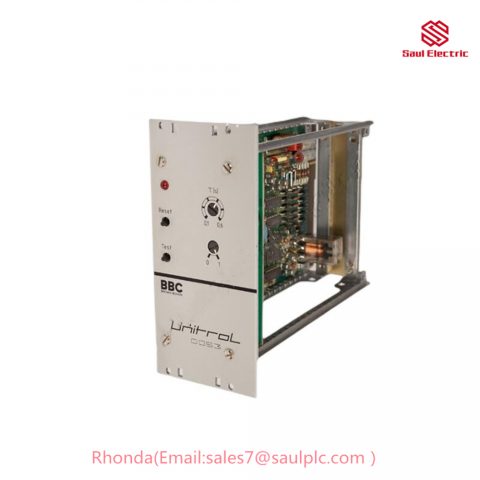
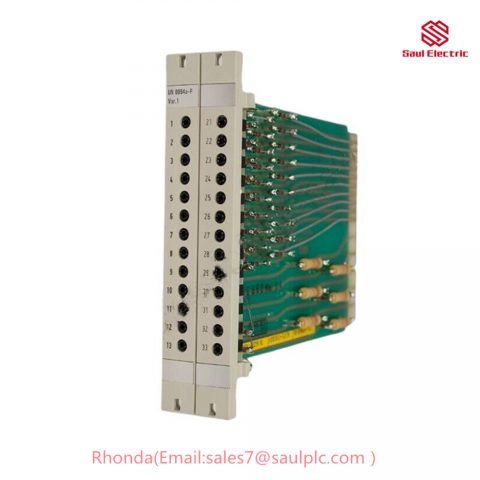
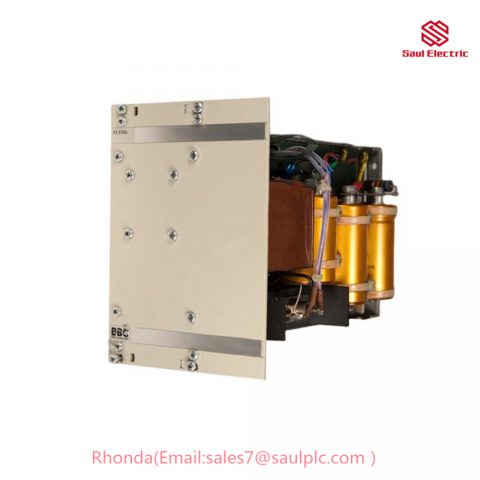
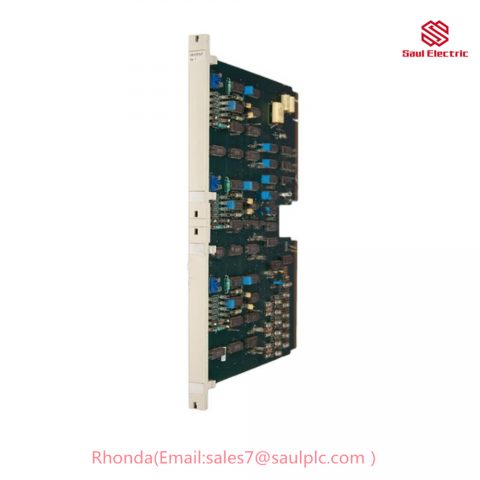
There are no reviews yet.